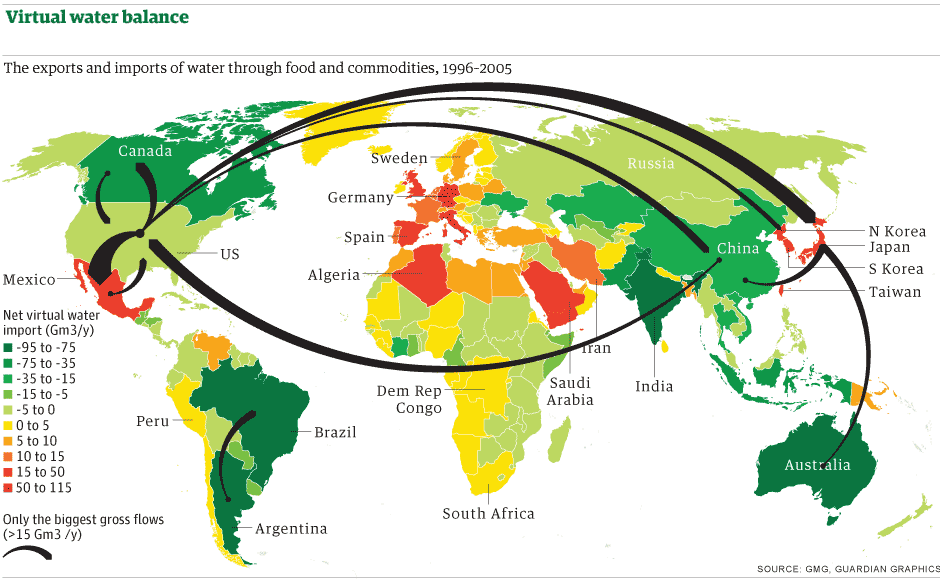The Faritrade market is flourishing in the UK with a retail value of £493 million in 2007 and doubling every year. As one of the leading Fairtrade markets the UK is setting the bar for others. Around 20% of roast and ground coffee, and 20% of bananas, sold in the UK are now Fairtrade certified which is fantastic news. Lets hope this fortnight will encourage even more people to switch to the ethical choice and get that value even higher. And the choices are huge with over 3,000 Fairtrade certified products on sale in the UK.
What really startles me when I have a choice between a Fairtrade product and a non-Fairtrade one is that the second one exists at all. If there is no Fairtrade equivalent I assume (maybe wrongly) that the product might just not be suitable for certification but if there is an equivalent that means some companies are paying a fair price while others aren't. The idea that companies are knowingly selling products that don't give the growers a fair wage just seems ridiculous. It's very easy to pick the lowest price, but it's important to remember that if you're paying less, someone else is earning less and it might mean the difference between their children getting an education or a vaccination that is desperately needed.
In an ideal world global trade should be a community effort. It isn't, and won't be, but it would be so nice to eat food and buy products knowing that the people who made them benefit from your money, they don't get pushed further and further into poverty and you can all work together to help everyone have a good life. Fairtrade is one step towards this dream.
Today I bought the classic Fairtrade sugar. Like tea, coffee and bananas its one of those products I wouldn't ever consider buying non-Fairtrade now. Other products, like the cola yesterday I'd never even seen before. It's amazing what you can find if you look.
I didn't actually know that much about the sugar I buy so today I researched that too. There's a cute little video that explains all about what Tate and Lyle do to make their products full of taste and smiles.
As well as making their sugar Fairtrade, so paying the farmers in Belize a fair wage ans supporting their communities, they use the waste from the sugar canes to fuel the processing factories and also ship, rather than fly, the sugar across the world. And there's no transport costs to the refinery as it's right on the banks of the Thames next to the shipyard. After recently investing £20 million in a new biomass boiler for the plant Tate and Lyle seem set to become even more green in the future. So, as they say, will that be one smile or two in your tea?



















